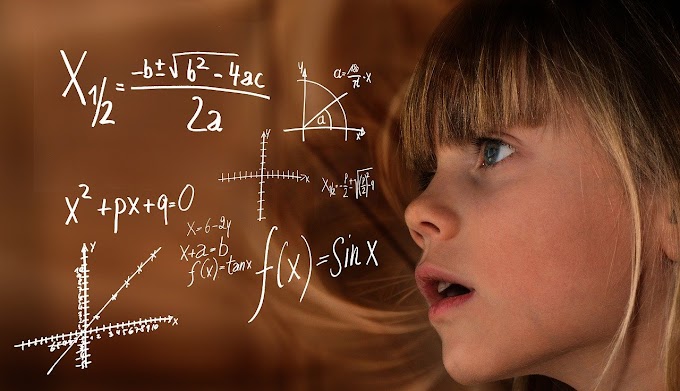ChatGPT vs Grok
ChatGPT and Grok are two of the most popular large language models (LLMs) available today. Both models are capable of generating text, translating languages, writing different kinds of creative content, and answering your questions in an informative way. However, there are some key differences between the two models that may make one a better fit for you than the other.
Training data:
One of the biggest differences between ChatGPT and Grok is their training data. ChatGPT is trained on a massive dataset of text and code, including books, articles, and code repositories from GitHub. This gives ChatGPT a broad knowledge base and the ability to generate text that is both factual and creative.
Grok, on the other hand, is trained on real-time data from the X social media platform. This gives Grok a unique advantage in terms of up-to-the-minute information. Grok is also able to access and process information from the X platform in real time, which means that it can provide more comprehensive and informative answers to your questions.
Availability:
Another key difference between ChatGPT and Grok is their availability. ChatGPT is currently available to the public, while Grok is currently in early beta testing. This means that Grok is not yet as widely available as ChatGPT.
Pricing:
ChatGPT has three different pricing tiers: Free, ChatGPT Plus, and ChatGPT Enterprise. The free tier allows you to generate up to 1,000 tokens of text per month. The ChatGPT Plus tier gives you access to a larger number of tokens and also includes additional features such as the ability to generate different creative text formats and to train ChatGPT on your own data. The ChatGPT Enterprise tier is designed for businesses and organizations that need access to the most powerful features of ChatGPT.
Grok is currently free to use for everyone in the early beta program. However, it is unclear what the pricing will be once Grok is released to the public.
 |
| ChatGPT vs Grok |
Features:
ChatGPT and Grok both offer a wide range of features, but there are some key differences between the two models. ChatGPT is better at generating different creative text formats, such as poems, code, scripts, and musical pieces. Grok, on the other hand, is better at answering questions in a comprehensive and informative way, even if they are open ended, challenging, or strange.
Here are some examples of how ChatGPT and Grok perform on different tasks:
Generating text:
ChatGPT: ChatGPT can generate different creative text formats, such as poems, code, scripts, and musical pieces. For example, if you ask ChatGPT to write a poem about a cat, it might generate something like this:
> My feline friend, so soft and sleek,
> Your purr is like a gentle creek.
> Your eyes gleam bright, your fur so fine,
> You're the best pet a friend could find.
Grok:
Grok is better at generating informative text. For example, if you ask Grok to write a summary of the latest news, it might generate something like this:
The top headlines for today, August 4, 2023, include:
The US economy added 528,000 jobs in July, beating expectations.
The Federal Reserve is expected to raise interest rates again at its next meeting in September.
The war in Ukraine continues, with no end in sight.
The United Nations has warned of a global food crisis.
Answering questions:
ChatGPT:
ChatGPT can answer questions in a comprehensive and informative way, even if they are open ended, challenging, or strange. For example, if you ask ChatGPT "What is the meaning of life?", it might generate a response like this:
The meaning of life is a question that has been pondered by philosophers and theologians for centuries. There is no one answer that will satisfy everyone, but some possible answers include:
To find happiness and fulfillment.
To make a difference in the world.
To learn and grow.
To connect with others.
To experience the beauty of the world.
Grok:
Grok can also answer questions in a comprehensive and informative way, but it is especially good at answering questions about current events. For example, if you ask Grok "What is the latest news about the war in Ukraine?", it might generate a response like this:
The war in Ukraine continues, with no end in sight. Russian forces have made gains in the east of the country, but Ukrainian forces have put up a fierce resistance. The war has caused a humanitarian crisis in Ukraine, with millions of people displaced from their homes.



